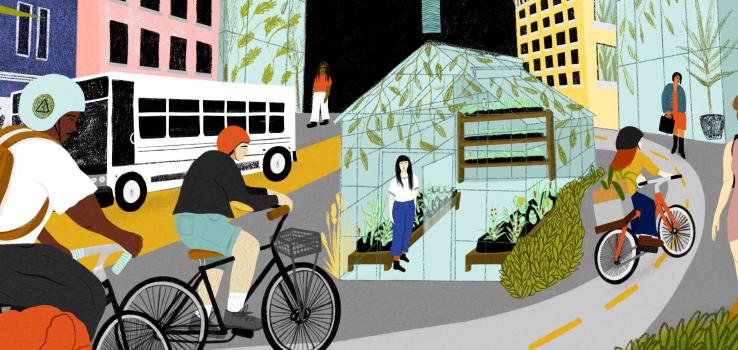
Housing
We Believe: Housing is a human right and should be affordable to everyone.

• Increase the supply of housing.
• Provide more affordable housing for low- and middle-income residents.
• Protect low-income communities of color from displacement.